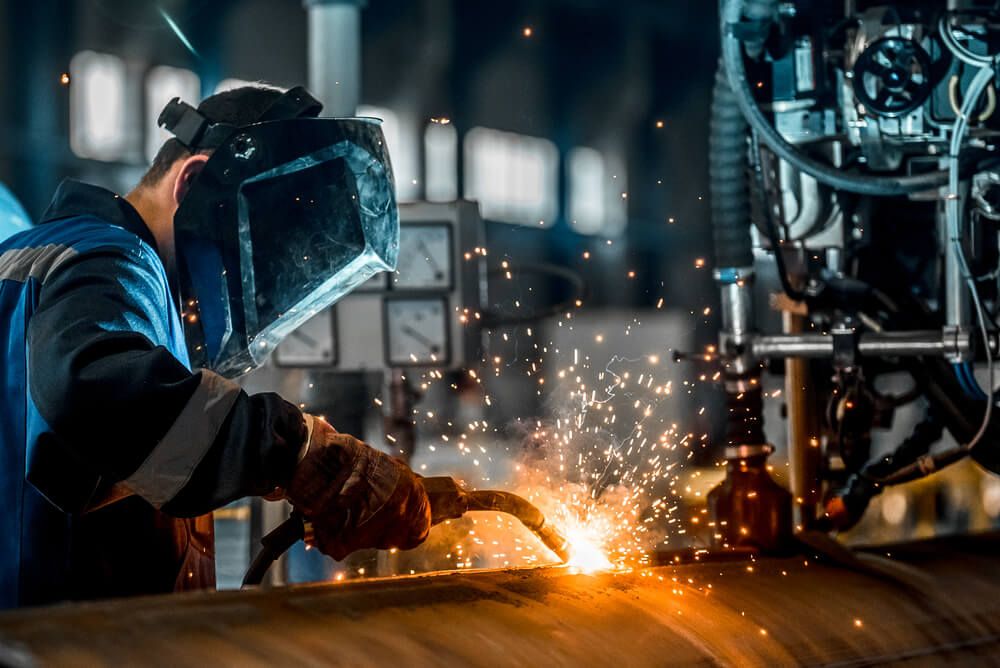
Fabrication services encompass a broad range of processes involved in the creation of metal or other components, structures, or machinery. Whether it’s a small-scale intricate part or a large-scale industrial structure, fabrication plays a crucial role in shaping raw materials into finished products.
Fabrication services find applications across various industries, including automotive, aerospace, construction, manufacturing, and electronics. Examples of fabricated products include structural steel beams, metal enclosures, machinery parts, automotive components, and architectural elements.

Choosing fabrication services can offer several advantages depending on your specific needs and requirements.

The process starts with conceptualizing the desired product or component. Engineers and designers create detailed plans and blueprints that outline dimensions, specifications, and materials to be used.
Choosing the right material is essential for achieving the desired properties and functionality of the final product. Common materials used in fabrication include metals like steel, aluminum, and stainless steel, as well as plastics and composites.
Once the design and materials are finalized, the fabrication process moves to cutting and shaping the raw material into the required form. This may involve techniques such as laser cutting, plasma cutting, machining, or bending, depending on the material and design specifications.
Joining different parts together is a fundamental aspect of fabrication. Welding is often used to permanently fuse metal components, while techniques like riveting, bolting, or adhesive bonding may be used for other materials.
After individual components are fabricated, they are assembled into the final product. This may involve additional processes such as surface finishing, painting, or coating to improve aesthetics, durability, or corrosion resistance.
Throughout the fabrication process, quality control measures are implemented to ensure that the final product meets the required specifications and standards. This may involve inspections, testing, and certifications to guarantee safety and reliability.


Connect with Nayak Energetic Associates and experience the power of collaborative success. Let’s energize possibilities and shape a dynamic future together.
Nayak Energetic Associates stands as a pioneering force, specializing in the seamless convergence of innovation, precision, and excellence.
Copyright © [year]. All rights reserved. Design By Technomantra.